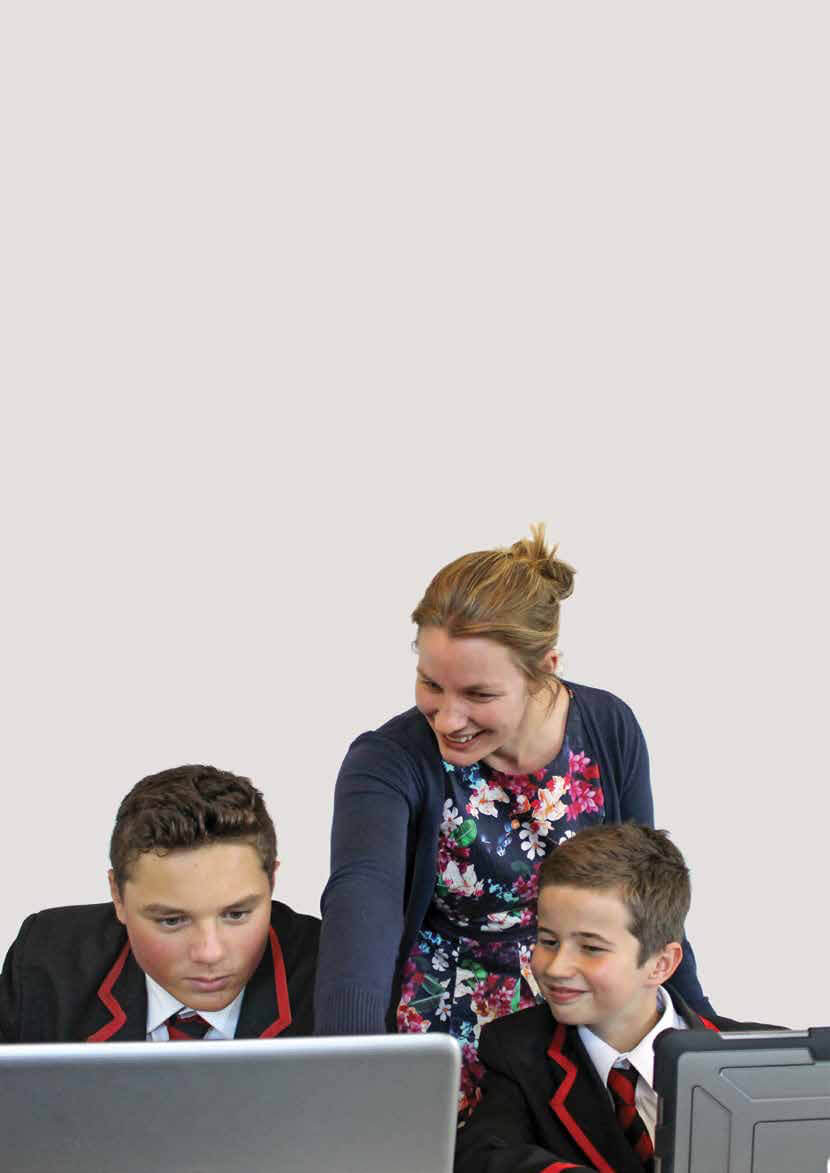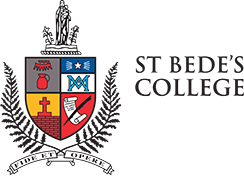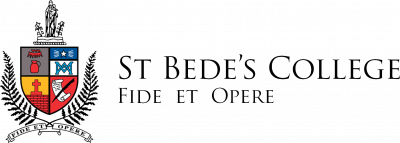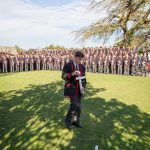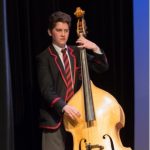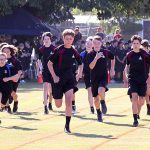Bikes
The school provides a locked area for students who bike to school. This area is locked after the beginning of school and unlocked just before 12.50pm each day. If a bicycle cannot be taken home please let the office know and your son’s bicycle can be placed in the Ground Staff’s compound overnight. The bicycle area is not locked overnight or during the weekends. Sadly bicycles have been stolen after being left overnight. Despite being securely locked the thieves used bolt cutters to remove it. Even if your son’s bicycle is in the locked area it should be padlocked to the bike stands at all times.
Vehicles
We strongly discourage students from driving cars to school but we are aware that in some cases it is a necessity. We cannot guarantee the safety of vehicles and take no responsibility for their safety.
To ensure student safety, there is a strict parking policy in place as follows:
- any student driving to school must have parental consent
- all vehicles must have a current registration and W.O.F.
- students must register with their House Tutor and submit a photocopy of their licence. They must re-register each year. All details will be entered on the school database
- any student who is deemed to be driving irresponsibly will lose the privilege of bringing the car to school and parents/caregivers/police will be notified
- vehicles may not be used while school is in session. This includes morning break and lunch. Any exception to this must be approved by the Deputy Rector
- there will be on-site parking for senior students in the Hockey Turf Carpark and we want students to make use of this facility. The school accepts no responsibility for vehicles parked outside the school grounds
- drivers must have the correct licence to carry passengers and specify any regular passengers.
Before your son drives a vehicle to school, he needs permission from the College via his House Tutor.
Effective study
AnyQuestions.co.nz – online homework website
Offers online homework help to New Zealand school students. Via the AnyQuestions.co.nz website, students can log on between 1pm and 6pm Monday to Friday and talk to a real person about homework. Librarians are specially trained to help find the answers to homework questions.
How to make sure you’re studying the right stuff
A lot of students fall into the trap of studying everything. Everything ever mentioned in class, and every topic they come across in a textbook. This is not a sustainable or effective way to study. You’ll spend too much time studying irrelevant topics and burn out before you’ve covered the important stuff.
The solution: Make subject maps
A subject map is a list of all the important topics within a subject. Having a subject map will help you remember all the things you need to study and stop you from getting off track.
Follow these steps to make a subject map for every subject you have an exam in. It will only take you a few minutes!
1) Take a blank piece of paper and title it with the name of the subject.
2) Write down the name of the first achievement standard in that subject you’re going to study for.
3) Under this, list as bullet points all of the important topics you need to know for this achievement standard.
4) Below each topic jot down a couple of main points or important key words.
5) After you’ve written down all of the topics for the first achievement standard, move on to the next one.
Each subject map might take up 2-3 pieces of paper. As you study you can tick the topics that you’ve covered to keep tabs on what you’ve got left to study. You wouldn’t go on a road trip without a road map and studying is no different.
Making study notes
Some students aren’t quite sure what studying is all about. I don’t blame you if you don’t – studying is a complex business. There’s no perfect way to do it and we all learn differently, so no wonder a lot of students find studying difficult. However, there is one extremely important aspect of studying that all students should be doing during their study break. It doesn’t matter what their skill level is or how they learn. This is making study notes.
You spend the majority of your study time making study notes. Study notes should be written in your own words and should explain all of the topics you need to understand for your exams. Your study notes can be made up of a mixture of things – full sentences, bullet points, diagrams, whatever. The point is – do whatever makes you remember the best. You’ll probably have to practice writing study notes for a little while to see what you like doing best.
There’s something that all great studiers do to make sure they remember what’s in their study notes. They re-write all of the important bits again in shorter form. This means you write out the really important topics – the ones you know you’re going to be examined on – again. Re-write your study notes in a much shorter form – use shorter sentences or even just keywords.
The act of re-writing study notes firmly imprints the content of your study notes onto your memory. The more you think about what you’re studying, the more you will understand it, and the greater chance you will have of remembering it in your exam.
Hair and Jewellery
Students may wear a cross or taonga under their shirts. Earrings and facial piercings are NOT permitted. No other jewellery is permitted except a watch.
Student’s hair is to be one colour, able to be combed, off the collar and clean. Dreadlocks, corn rows, braided hair or rats tails are NOT permitted. If a student has long hair, it must be tied up when travelling to and from school in school uniform and during school hours.

